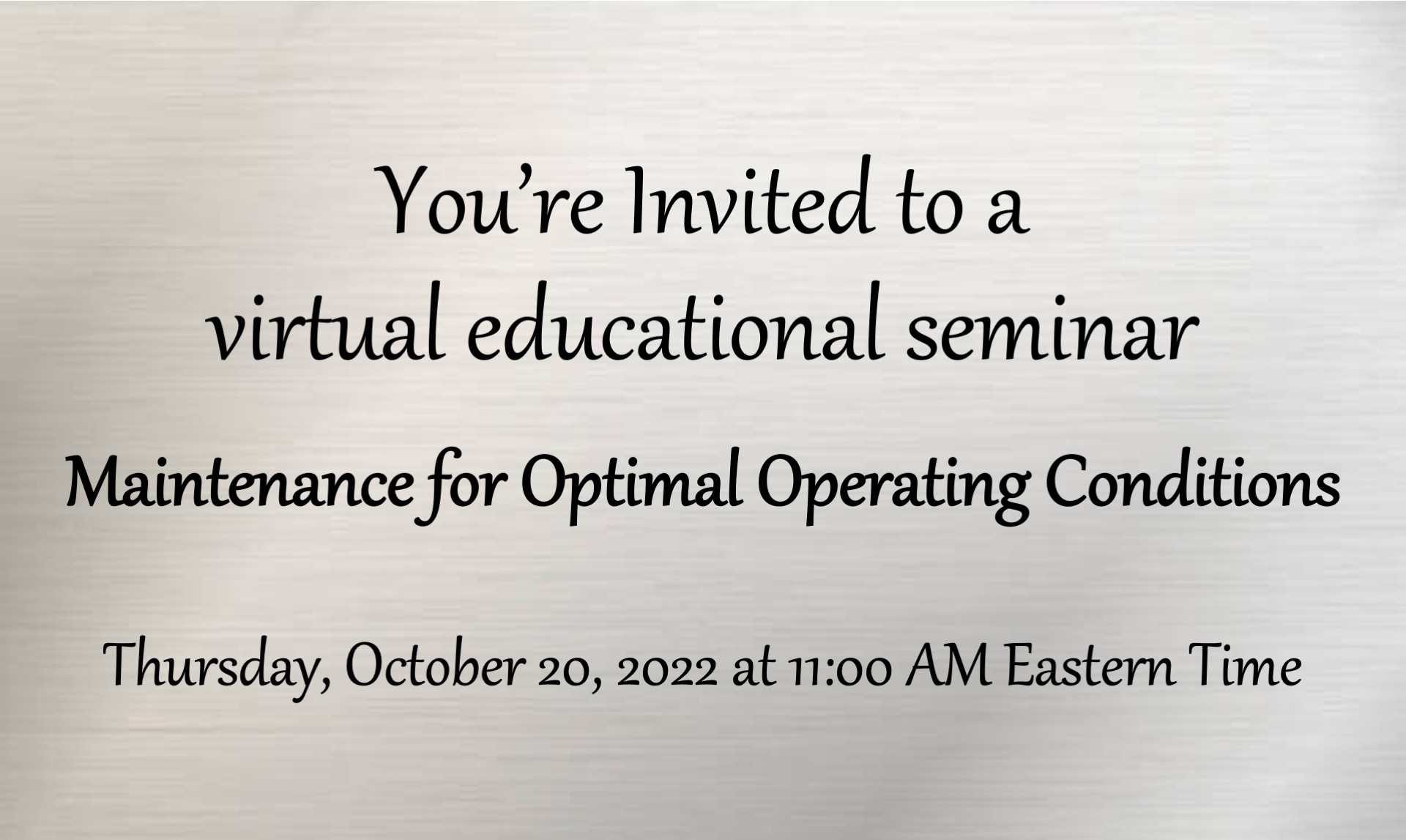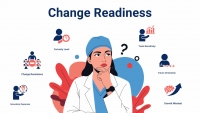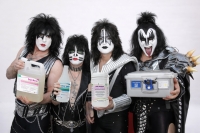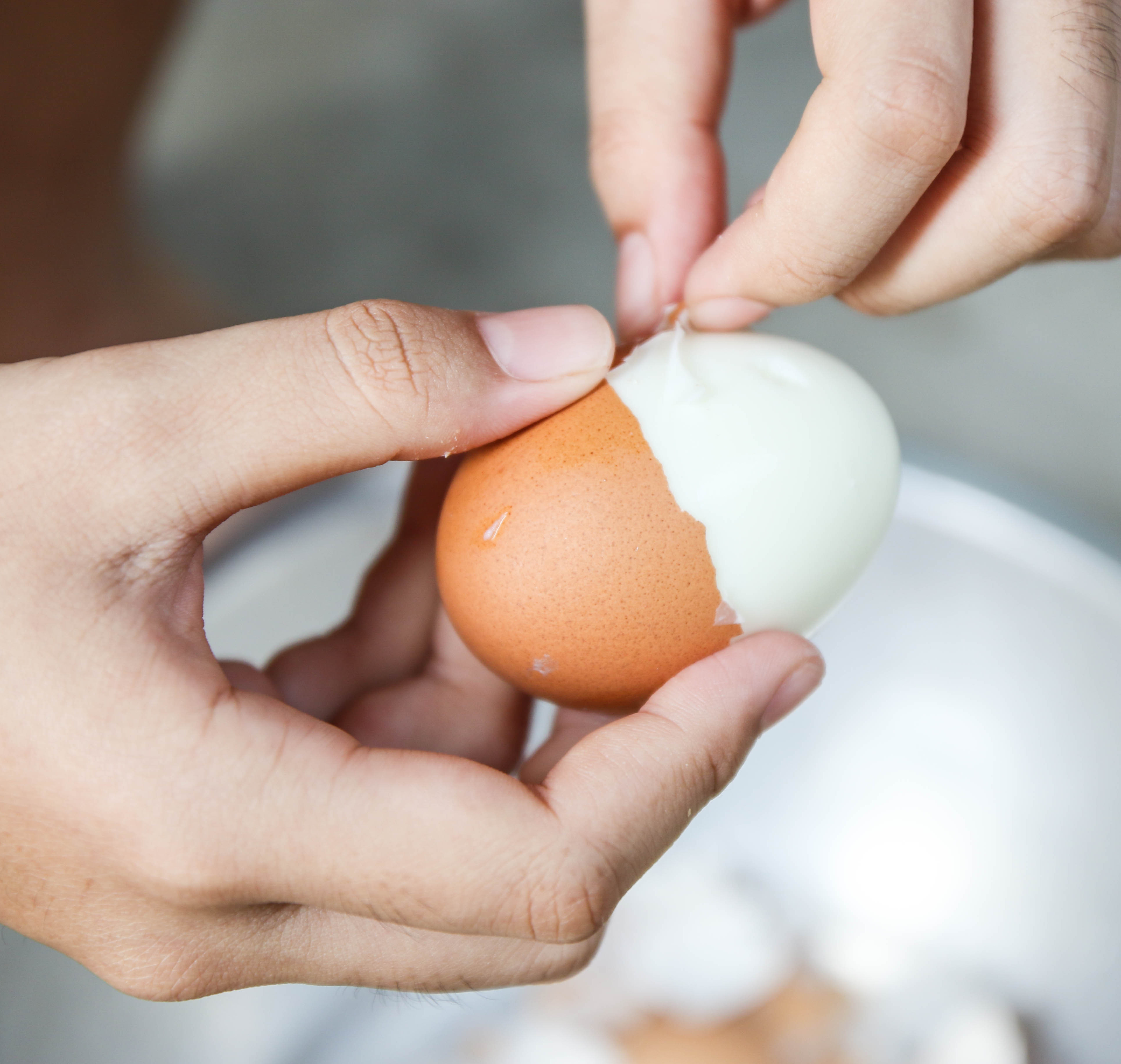
A Lesson From the Kitchen Guru
There's a lot to be learned from food science that can be applied to reprocessing medical devices. For example, you should never put meat into a cold pan before cooking, because the meat and even the oil will then stick and burn. Rather pre-heat your cookware before putting anything in it. The principle of pre-heating applies to cooking hard boiled eggs, too. Always cook them in boiling water rather than starting from cold. In fact, when you drop your eggs in cold water, the protein-rich white bonds strongly with the outer membrane, making the eggs harder to peel once they’re done. Put them straight into boiling water, and the proteins will bind to themselves, allowing the shell to come right off. The same principle of pre-heating holds true for sterilization, if you want to ensure a good outcome.
Heat Transfer is Important when Cooking and Sterilizing Medical Devices
We can take this lesson from the kitchen guru and apply it to sterile processing. The science of proper heat management can be exploited to give your sterilization modalities superpowers. Pre-heating your steam sterilizer will help to reduce wet packs, the same is true to avoid cancelled cycles in low temperature sterilizers. We don’t want to oversell this, but your sterilization process will be more likely to succeed, and you’ll have fewer failed cycles when you preheat. Why may you ask? Start off with a cold machine and the chances of failure are increased.
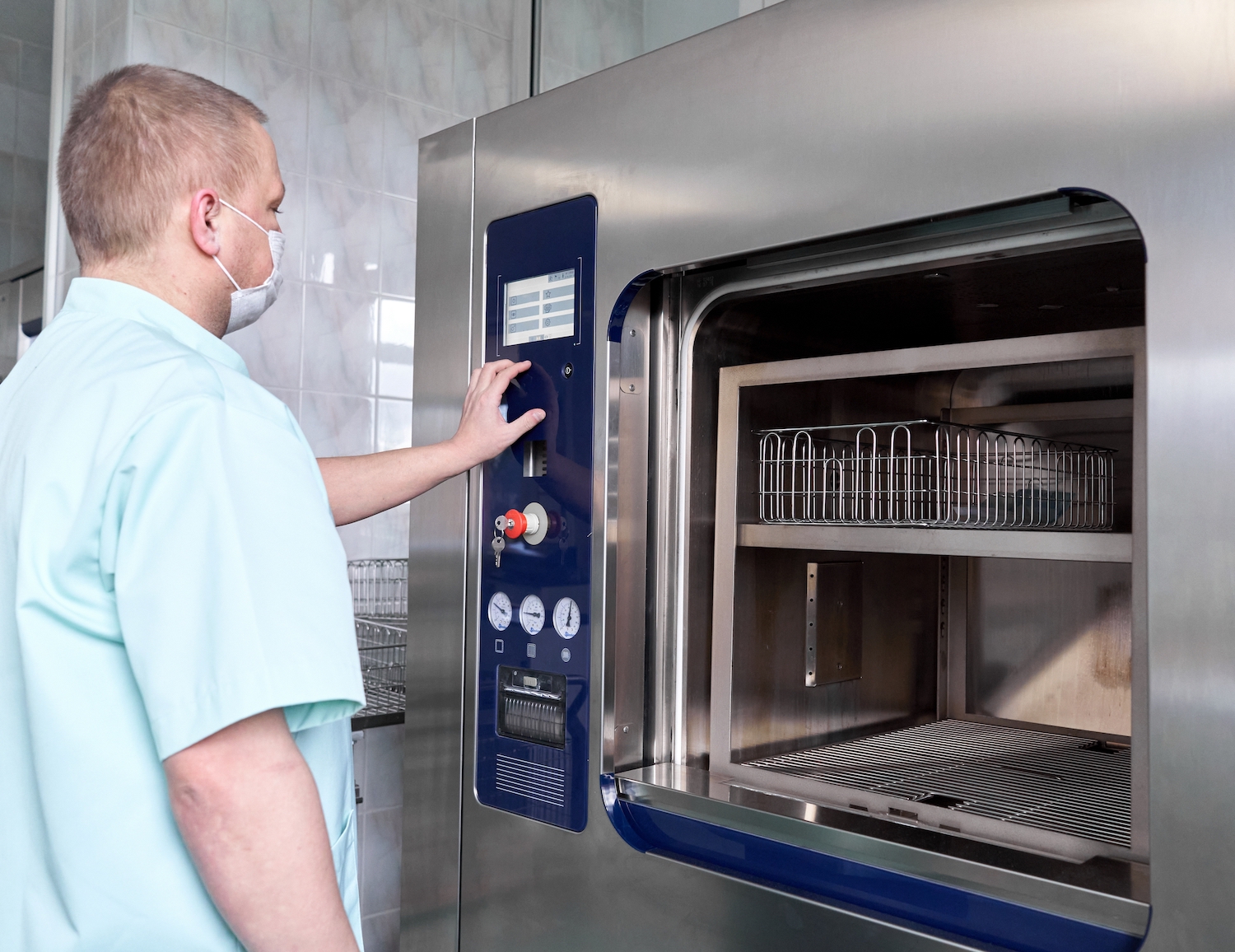
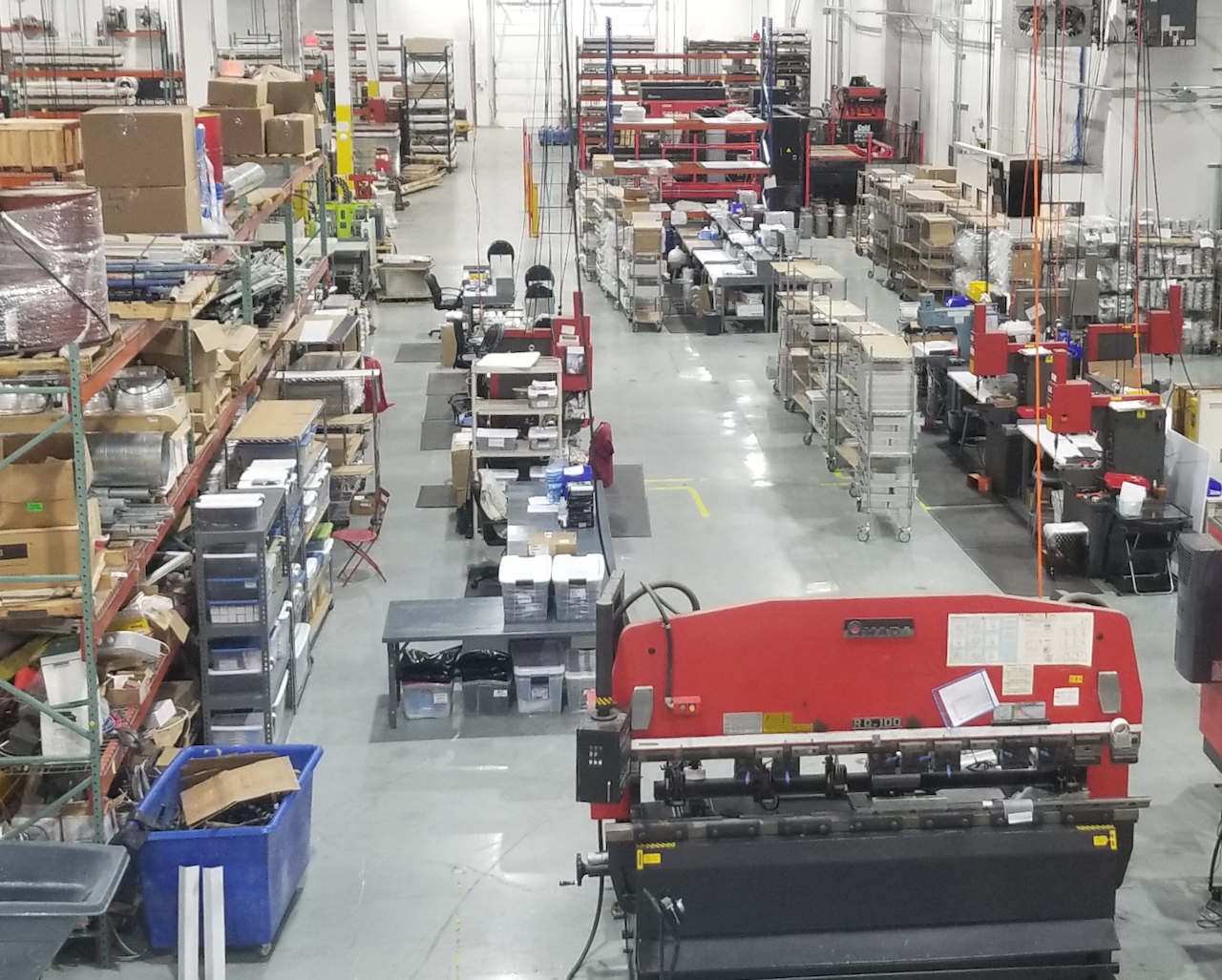
Believe Us!
We've had experience with over 90 critical CNC machines used in our factory to manufacture our quality products for infection prevention. Whether it's our anodizing line, our injection molding machines, our inhouse autoclave, and even our instrument chemistries, one missed step will ensure errors. While some sterilizers in healthcare facilities automatically pre-heat prior to the sterilization cycle, many older models do not. This is where simple scientific knowledge and best practices come into play.
Avoid Wet Packs & Cancelled Cycles
Recently, we were called into an account that had intermittent cancelled cycles with their low temp sterilizer. Without looking closely an assumption was made that the sterilization container was at fault. When we entered the room, we were shocked by the cold temperature. The room was cold as was the cart the container was placed on. I recalled another episode during the summer when wet packs were found after air conditioners were installed directly over the autoclaves. What we observed was that the autoclave door was not cracked, and the cart used for transport was very cold to the touch. In both cases, environmental factors played a significant role in reducing the normally successful outcomes. In one case, it was seasonal and in the other it was not recognizing the importance of pre-heating the load.
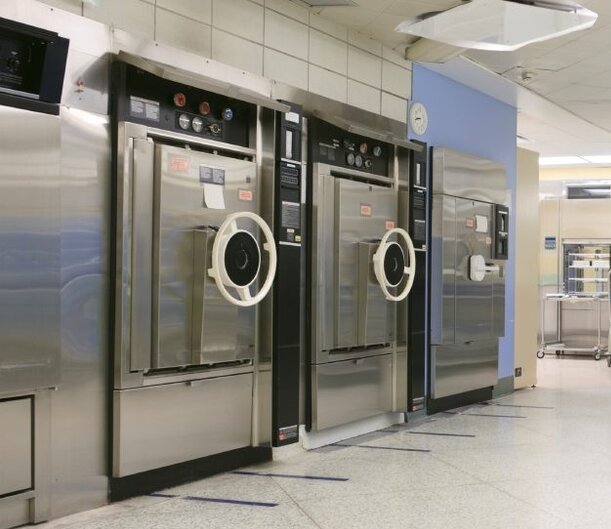
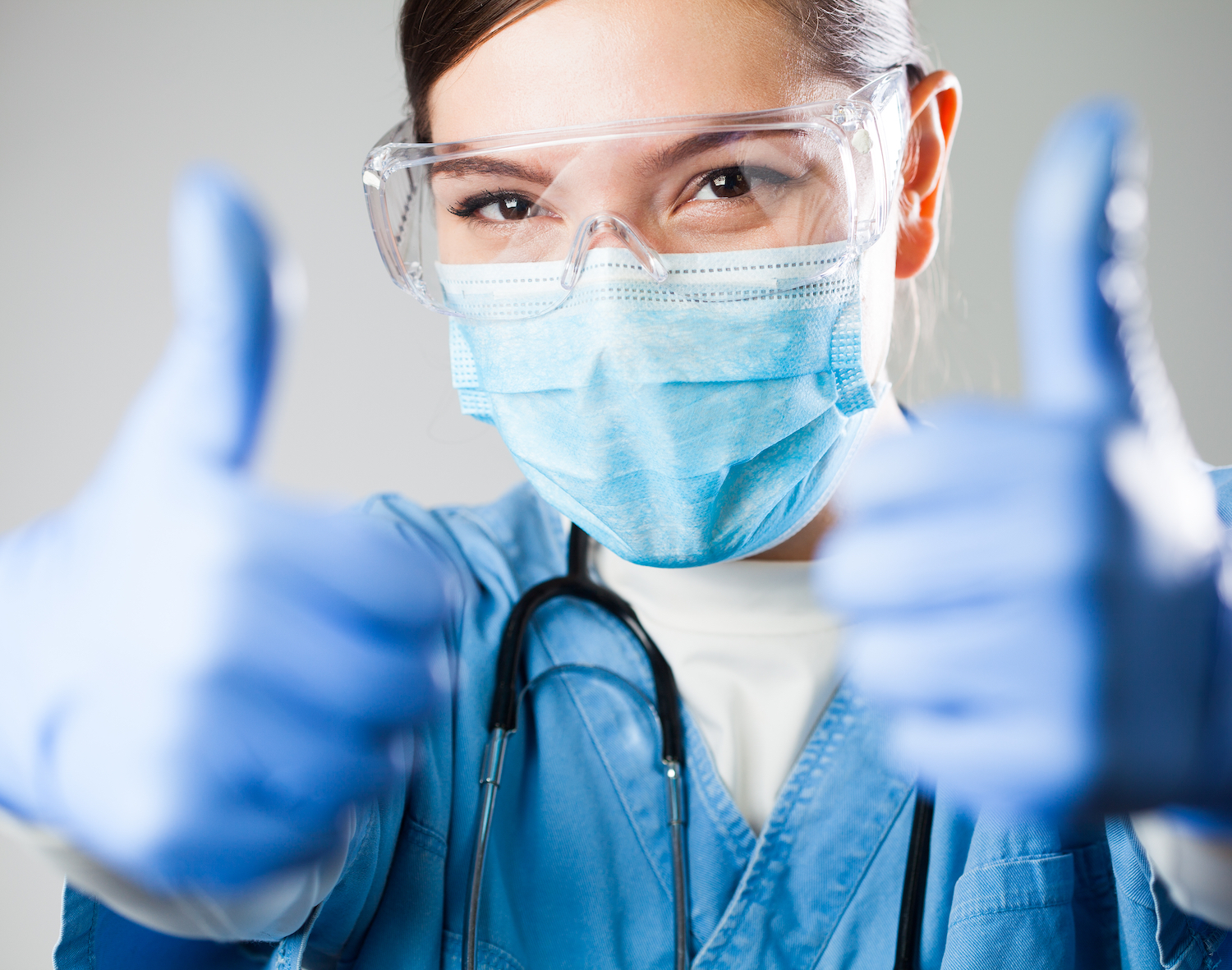
Knowledge and Good Ole Common Sense
When you eliminate the obvious, outcomes become predictable. Forget one ingredient in your cake recipe and you’ll have a cookie instead of a cake. Place your hard boiled eggs in cold water and you'll have to make egg salad instead of your perfect deviled eggs. Forget one step in your cleaning or sterilization process, and now it becomes serious. Positive patient outcome is no longer assured. A mis-step in processing medical devices can lead to healthcare acquired infections.
Join Us This Week
Education is an important part of what Case Medical offers to the healthcare community. This week learn how an ounce of prevention is worth a pound of cure. Discover how we can all contribute to better patient outcomes, when we plan our work, review the risks, and implement best practices. Our Thursday program, “Maintenance for Optimal Operating Conditions” may be just what is needed to avoid errors and ensure positive outcomes.
Case Medical offers monthly online education with CE at no charge. Join us this Thursday, October 20, 2022, at 11:00 AM ET. Click Here: it’s not too late to register.
Visit us at www.casemed.com to learn more about our products and how they can help your facility lighten its impact on the environment for the good of us all.
Marcia Frieze and the Case Medical team



